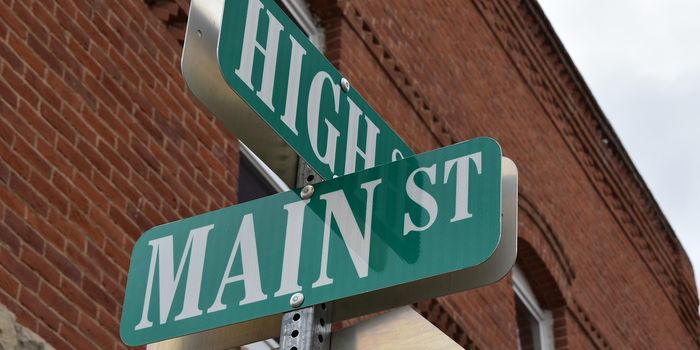Cannabis Use Impacts Sleep Duration
Frequency of cannabis use may be the reason some people get too little or too much sleep. A recent study published in the journal Regional Anesthesia & Pain Medicine highlighted a significant number of study participants reported getting less than 6 hours or more than 9 hours of sleep. Although many research studies have confirmed the sleep enhancing properties of specific terpene profiles, this study suggests regular cannabis use can interfere with getting an optimal amount of sleep.
The large representative sample consisted of 21,729 US adults, and survey questions covered ease or difficulty in falling asleep, ability to stay asleep, and other nocturnal patterns in the preceding two weeks. They described their level of daytime alertness or sleepiness during the past month, and they also stated whether or not they had sought medical attention for a sleep disorder. Sleep was categorized as short (less than 6 hours), optimal (6-9 hours), and long (more than 9 hours).
The study found the average sleep duration amount was slightly under 7 hours per night and those who used cannabis more consistently had more extremes in sleep duration. Heavy cannabis consumers (defined as using cannabis at least 20 out of 30 days) reported more extremes in sleep duration such as short and long sleep patterns.
More research on how cannabis use affects sleep duration and quality is critical. Only 33% of American adults get the recommended 7-9 hours of sleep per night, and complaints of insomnia and sleep deprivation increased during the pandemic. While some research studies have highlighted tetrahydrocannabinol’s negative effects on sleep, a growing body of research suggests that certain cannabinoids may offer potentially effective therapeutic treatments for sleep disorders. Acute cannabis or occasional use can have a pro-sleep compound cannabis THC promotes sleep latency (the amount of time it takes to fall asleep), but strains higher in cannabidiol (CBD) are more effective at sleep promotion. Many studies have suggested CBD is a safer, more effective compound than THC, that is not as disruptive to REM sleep. Investigating specific cannabinoids and optimal amounts will identify further implications of cannabis use on the sleep-wake pattern.
Sources:
Neuroscience News, Regional Anesthesia & Pain Medicine








